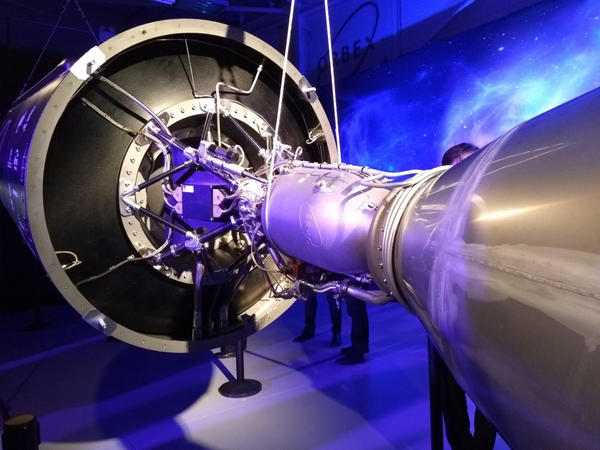Infectious diseases could be diagnosed with smartphones in sub-Saharan Africa
A new Imperial-led review has outlined how health workers could use existing phones to predict and curb the spread of infectious diseases.
The review was published in Nature, and involved researchers from Imperial, the Karolinska Institute, UCL, The University of KwaZulu-Natal, the Africa Health Research Institute, and the London School of Hygiene and Tropical Medicine. It outlines how healthcare workers in low-income countries, like those in sub-Saharan Africa, could use existing smartphones to diagnose, track and control infectious diseases.
It also says that smartphones could also help enable people to test themselves and get results and support in their own homes. This would make it easier for people to look after their own health - particularly in rural regions, where clinics can be very distant. For example, patients worried about a potential HIV infection might be more inclined to get tested if they could do it at home and avoid the stigma of attending a clinic.
Many smartphones have sensors built in that could aid diagnosis, such as a heart rate monitor and an oximeter, as well as a camera and microphone that can be used to analyse images and sounds like a person’s breathing.
In addition, simple testing technologies are being developed that can be linked into a phone, via a USB stick or wirelessly. In theory, a person could test themselves using an easy to collect sample, such as a pinprick of blood, and the results would be scanned onto mobile apps. Approaches outlined in the review include apps that use the phone’s camera to interpret test results, send findings to local clinics or healthcare workers, and host virtual follow-up appointments with healthcare workers.
Combined, the test results would then build a picture of symptoms across a region to help predict and fight current and future outbreaks.
The authors add that these ideas are not without challenges. Although rapid technological advances have improved access to testing, more than 35 percent of the world does not have access to mobile phones. It is also easier to accurately collect and analyse samples in a healthcare setting, where there are trained staff and the environment is designed to be sterile, than in a person’s home.
Furthermore, safeguarding measures must be put in place to protect the privacy and confidentiality of patient data, the authors say. These measures must also be fully explained to users to build trust in and encourage adoption of these new healthcare services.
Still, the report’s authors remain optimistic. As of 2016, global smartphone adoption has reached 51 percent and is predicted to keep growing - particularly in resource limited settings such as sub-Saharan Africa. The potential to develop these powerful new tools in diagnosis and disease outbreak predictions is only growing.





